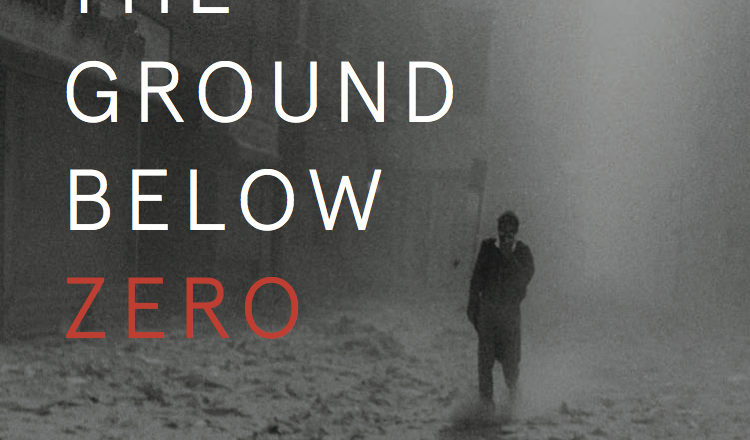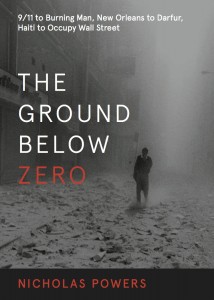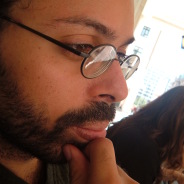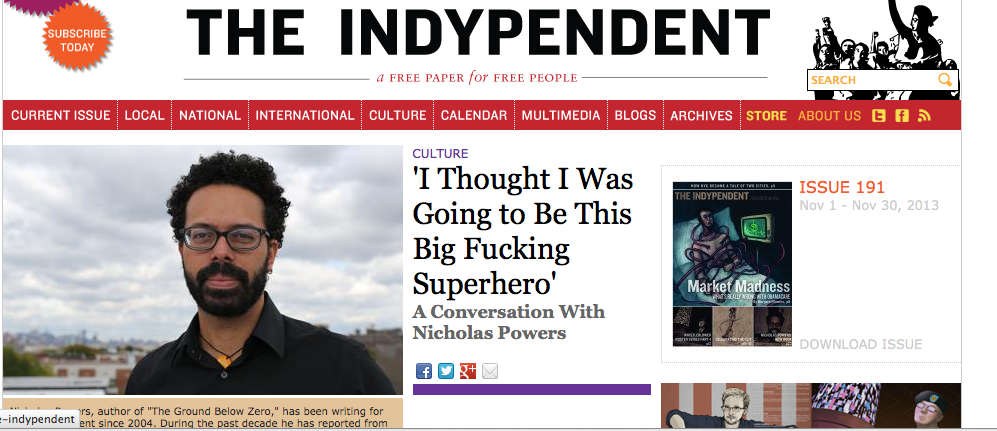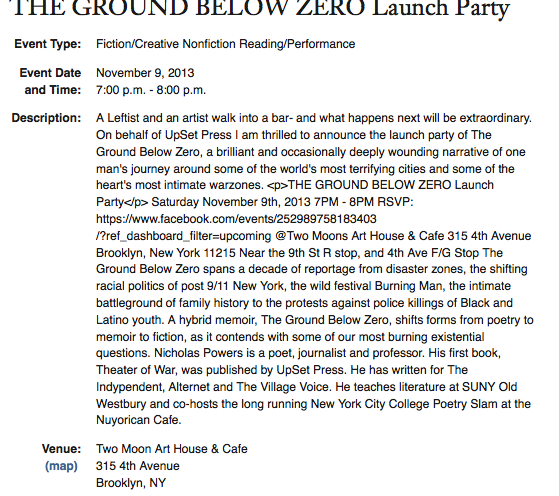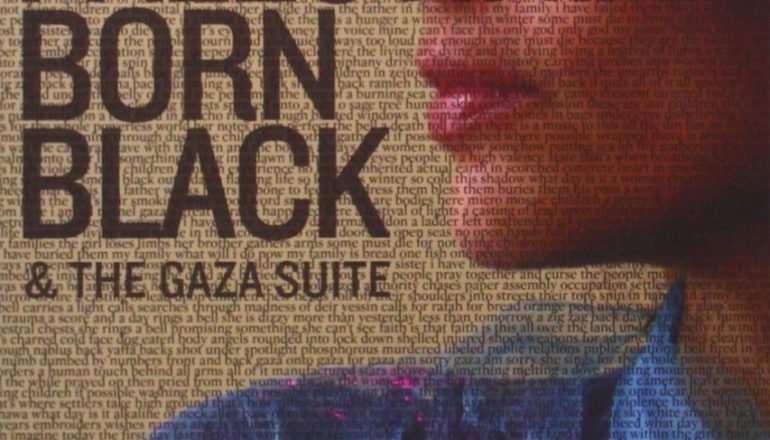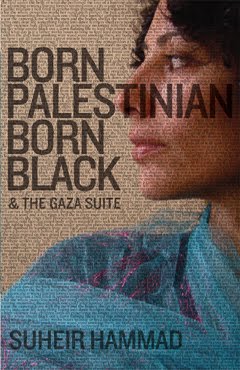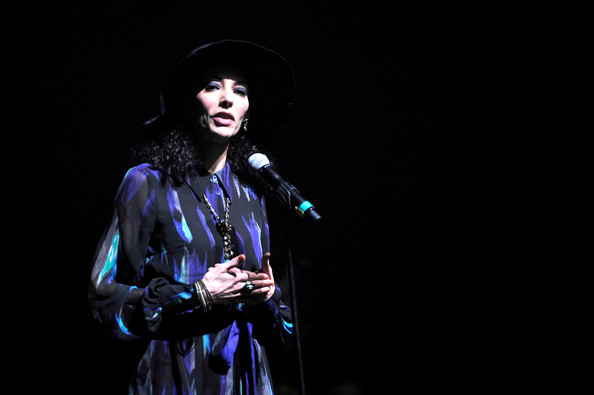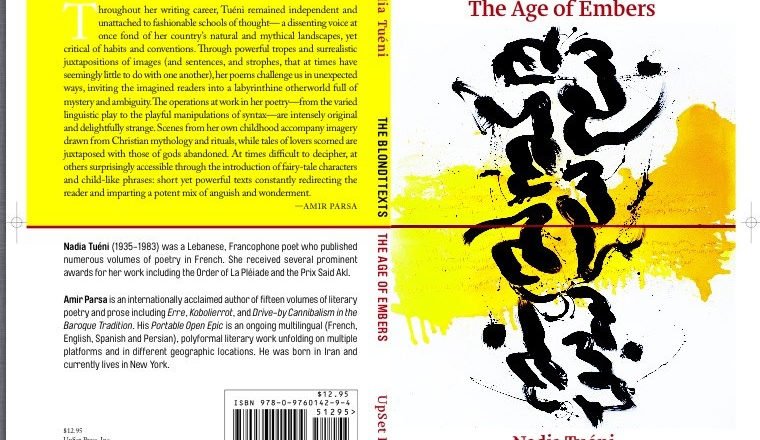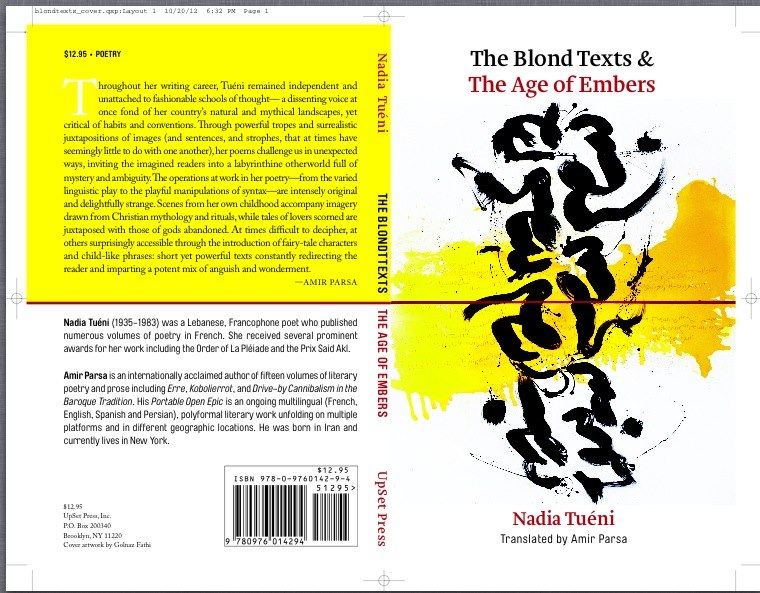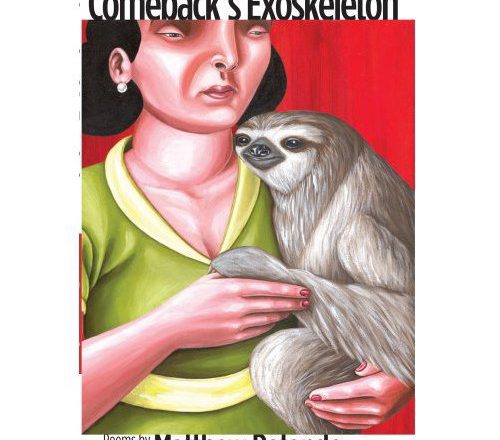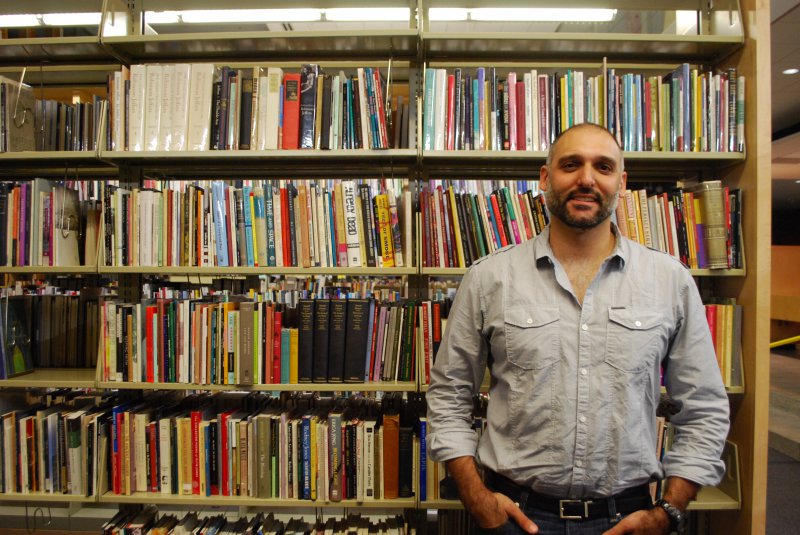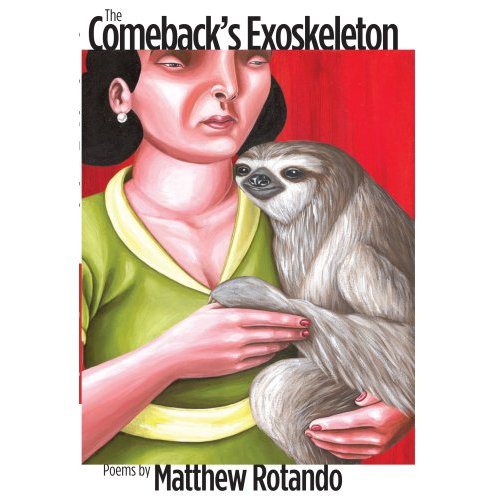The Ground Below Zero combines on-the-ground reporting, memoir and magic realism into an accessible and elegant narrative that spans the high points of the first decade of the 21st Century. Nick Powers writes from racially charged post 9/11 New York to the wild festival Burning Man. He explores the intimate pain of family history, Darfur refugee camps in Africa to the protests against police killings of Black and Latino youth in New York.
“Nicholas Powers takes the most contemporary social issues and events of our generation and examines them from a very personal place seldom seen in media. He effectively captures the innocence of suffering, portrays the nobility of sacrifices and asks questions that are not answered by mainstream society. A must-read for those interested in political, psychological and social development.”
–Lee Mayjahs, The Philadelphia Experiment
“The Ground Below Zero introduces a new and important voice, one with a trajectory reaching from New York’s left and alternative cultures to the present world’s vistas of death. It is a voice partly urban-hip and partly epic-tragic. The story it tells is part journalism, part memoir, and part prophetic-apocalyptic vision.”
–Christopher Z. Hobson
Powers is at his best when recalling the immediate aftermath of 9/11 and his vivid descriptions of the first weeks following the World Trade Center’s destruction bring the period back with incredible force. He captures the scene perfectly, from young soldiers sporting heavy black machine guns as they patrolled city streets to the in-your-face expressions of anti-Muslim bigotry that became ubiquitous.
“Arab was the new black,” he writes. For a brief second this shift caused Powers to feel a sense of personal relief. After all, as a dark-skinned Latino, he had been on the receiving end of racist name-calling and worse. It was an awkward and horrible realization and Powers wondered how long it would take before the “eye swings its spotlight back on me…Under the question lingered guilt that the hate that drained away from me now filled Arab bodies, and we who were black not brown, Christian not Muslim, western not eastern, could wear the American flag like a new skin.”
Eleanor J. Bader “Powers Confronts Power and History in New Book” Truth-out.org
About the Author
Nicholas Powers is a poet, journalist and professor. His first book, Theater of War, was published by Upset Press. He has written for The Indypendent, Alternet and The Village Voice. He teaches literature at SUNY Old Westbury and co-hosts the long running New York City College Poetry Slam at the Nuyorican Cafe.
Nia Nottage: In the book, 9/11 provides the initial call to action for you to position yourself to shine a spotlight on tragedy. Why did 9/11 have this effect, when it could easily have caused you to shut down?
Nicholas Powers: 9/11 was the first time I experienced history in my face. I lived through all of the clichés, including washing my hair to get the smell of the Towers — which just saturated the air in the city for months — out of my dreads. So many things at that time changed the trajectory of my life — the anti-war protests, breaking up with my then-fiancé. Most of all, I felt like a failure because I never physically got a chance to help people at Ground Zero. When Hurricane Katrina came, I directed all of that pent-up energy towards New Orleans.
NN: In the book, after leaving New Orleans in the wake of Katrina there’s one point where you say that you “wanted to be free of caring for people [that you] could not help.” Can you explain what this feels like? After experiencing this, why continue to go back?
NP: I thought I was going to be this big fucking super hero — I went there and I accomplished nothing. Coming back in shame, I aimed to write the most beautiful, poetic, honest stuff I could to get people’s attention, but hardly anyone read it. I just got really angry at the world. I was isolated and ashamed, and that’s what it actually felt like.
Read more in The Indypendent

